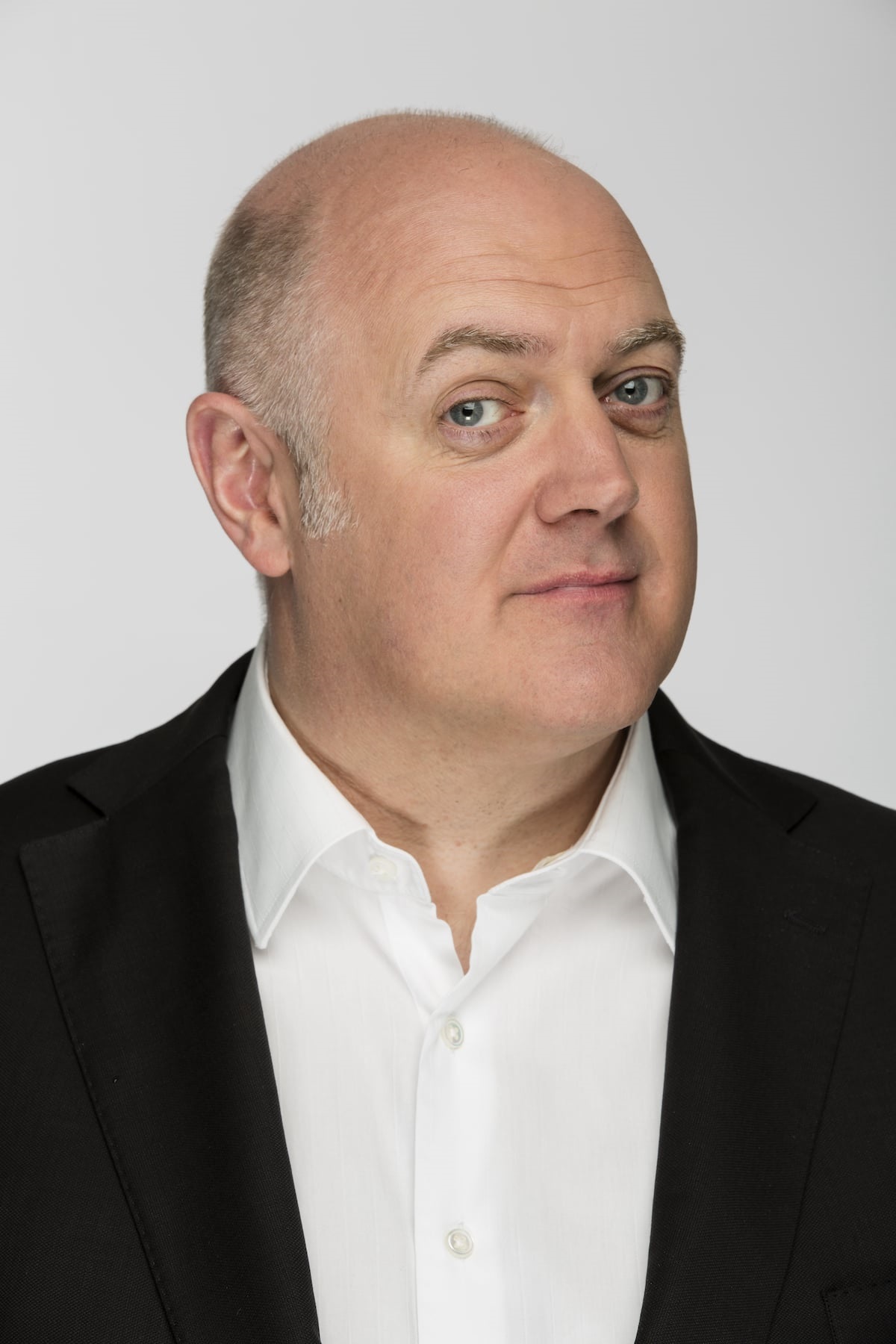
GAME Of Thrones, Afterlife and Harry Potter actor David Bradley is among a host of new patrons pledging their support to Theatre @41 Monkgate, York.
York-born Bradley, 78, who also starred in Broadchurch and played Jesus Christ in the 1976 York Mystery Plays, is joined by Bridlington-born Rosie Jones, a comedian, actress and scriptwriter, from 8 Out Of 10 Cats and Mock The Week, who has cerebral palsy, and New York playwright/composer Stephen Dolginoff, whose shows Thrill Me: The Leopold And Loeb Story and Monster Makers played in York in 2018 and 2019 respectively.

Further names to wade in with their backing are actors Karen Henthorn, from the National Theatre’s War Horse, In The Flesh and The Trouble With Maggie Cole, and John McArdle, from Brookside, Emmerdale and Frantic Assembly’s Things I Know To Be True at York Theatre Royal in November 2017.
The board also welcomes Felicity Cooper, daughter of the theatre’s founder, the late John Cooper, and former chairman Jim Welsman, who worked tirelessly within the York arts scene, first as chairman of York Musical Theatre Company, then as founder and director of the York New Musical Festival, before retiring from the Monkgate theatre’s board last year.

“Our new patrons have agreed to ensure this intimate venue not only survives but thrives through the challenges of Covid-19 and beyond,” says Joe Wawrzyniak, who succeeded Jim in the chairman’s post last autumn.
“The charity’s board of trustees approached them as part of an exciting development plan for Theatre @41, enlisting a host of patrons to get people talking about this hidden gem as we make ambitious plans for post-lockdown.”

Theatre @41 opened in 1998, under the inspirational leadership of John Cooper, who transformed the Victiorian building from scratch into a black-box theatre. Now, the venue, with rehearsal rooms and a dance studio to boot, plays host to York Stage Musicals, Pick Me Up Theatre, Once Seen Theatre Company, York Shakespeare Project and Rigmarole Theatre, among others.
Alexander Flanagan Wright’s cult-hit immersive jazz-age production of The Great Gatsby had a swell time there too, staged by The Guild Of Misrule in winter 2016 and 2018.

“Theatre @41 gives York an intimate performance space alongside bigger venues such as the York Theatre Royal and Grand Opera House, in much the same way London’s Menier Chocolate Factory and Southwark Playhouse are as vital to the capital’s arts scene as the big West End theatres,” says Joe.
“Looking ahead, we have a great vision for Theatre@41 and we want to shout it from the rafters. What better way to get started than to involve a high-profile group of patrons who are all passionate about the arts? Everyone is keen to get involved: we’re very lucky to have this wonderful new group on board.”

Joe adds: “We’re home to Nik Briggs’s York Stage School, which encourages young people to get involved in performance; Robert Readman’s Pick Me Up Theatre, who regularly present new writing and premieres, and Once Seen Theatre Company, who specialise in working with adults with learning and physical disabilities. We can now boast patrons who represent some of the areas of the arts that we work in.
“It’s our mission to keep the vibrant, inclusive spirit of Theatre@41 going, and for this fabulous, versatile venue to continue to grow. Our new patrons will be there to help us all the way.”








































